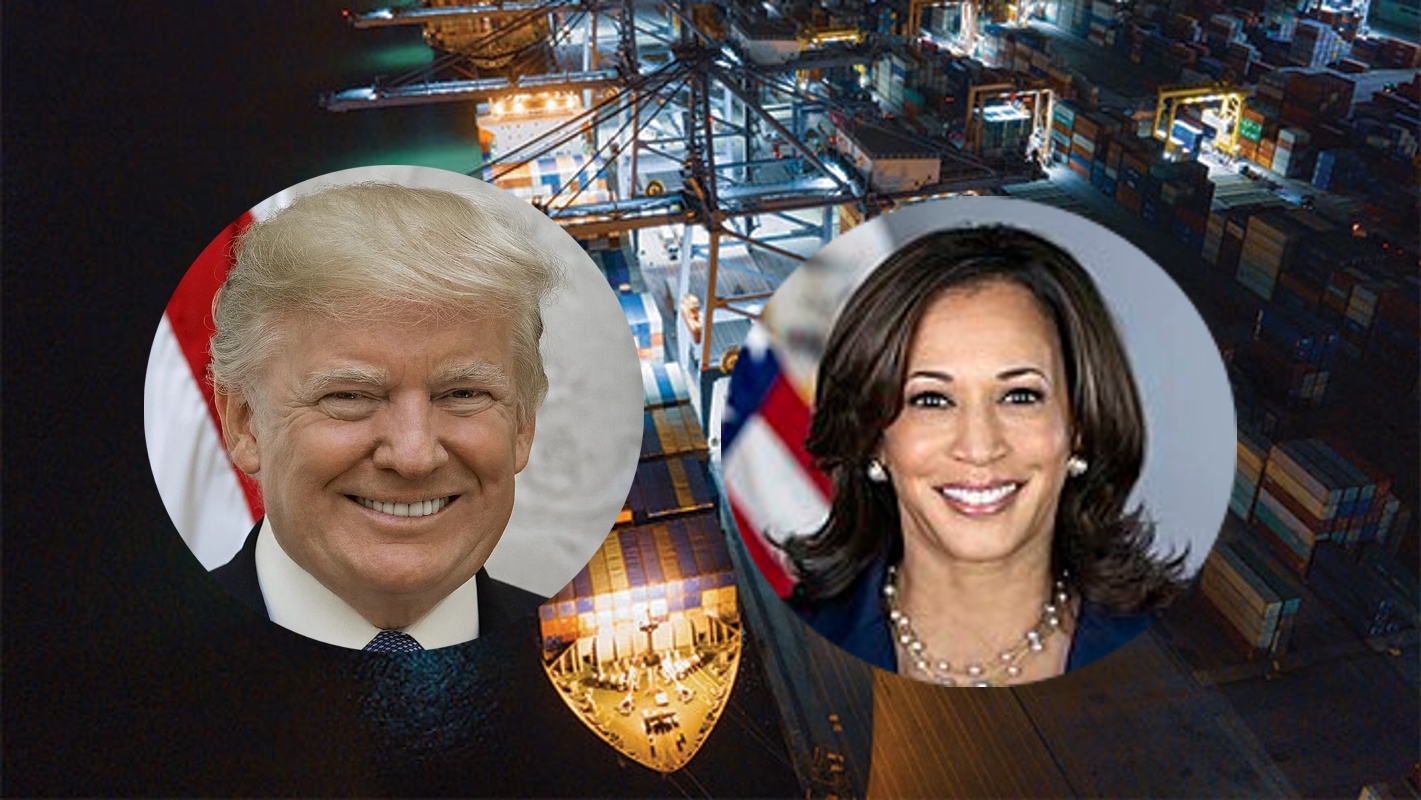As Election Day approaches, the possibility of an “October Surprise” looms large. This year, that surprise could come from a highly unexpected source: the docks of America’s East Coast and Gulf Coast ports. The International Longshoremen’s Association (ILA), representing more than 85,000 dockworkers, is threatening to strike unless an agreement is reached with the United States Maritime Alliance (USMX) by October 1. With crucial negotiations at a standstill, the potential strike could have sweeping implications for the economy, voter sentiment, and the 2024 election.
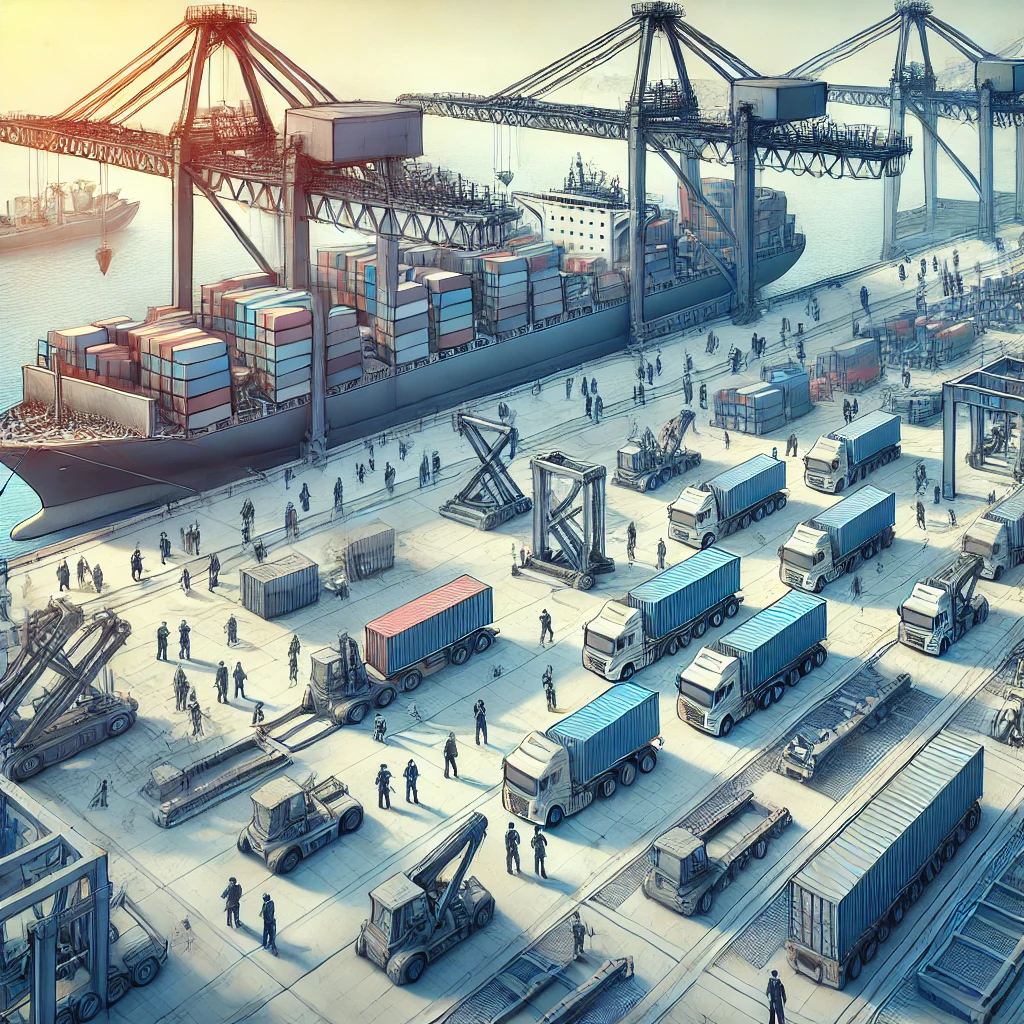
The dockworkers’ demands center around higher wages and a complete ban on automation at the ports, particularly regarding cranes, gates, and container movement. The USMX, which represents employers at 36 critical seaports, has yet to meet these demands, and the situation has escalated. If no resolution is found, dockworkers will walk off the job, halting operations at ports that handle more than half of U.S. ocean imports. This would bring international trade to a standstill, affecting industries ranging from retail to agriculture and manufacturing. The timing could not be worse.

As the holiday shopping season ramps up, retailers are heavily reliant on timely shipments to stock shelves with holiday toys, electronics, clothing, and essential goods. A dockworkers strike would disrupt these supply chains, leading to product shortages and skyrocketing prices just as Americans are preparing for their biggest shopping season of the year. The situation could trigger a repeat of the supply chain crisis seen during the pandemic, when empty shelves and delayed deliveries became the norm. But this time, voters are less likely to be patient. The inflationary pressures of 2024 have already pushed the cost of living to new highs, and a strike that exacerbates shortages and price hikes could spark frustration and anxiety.
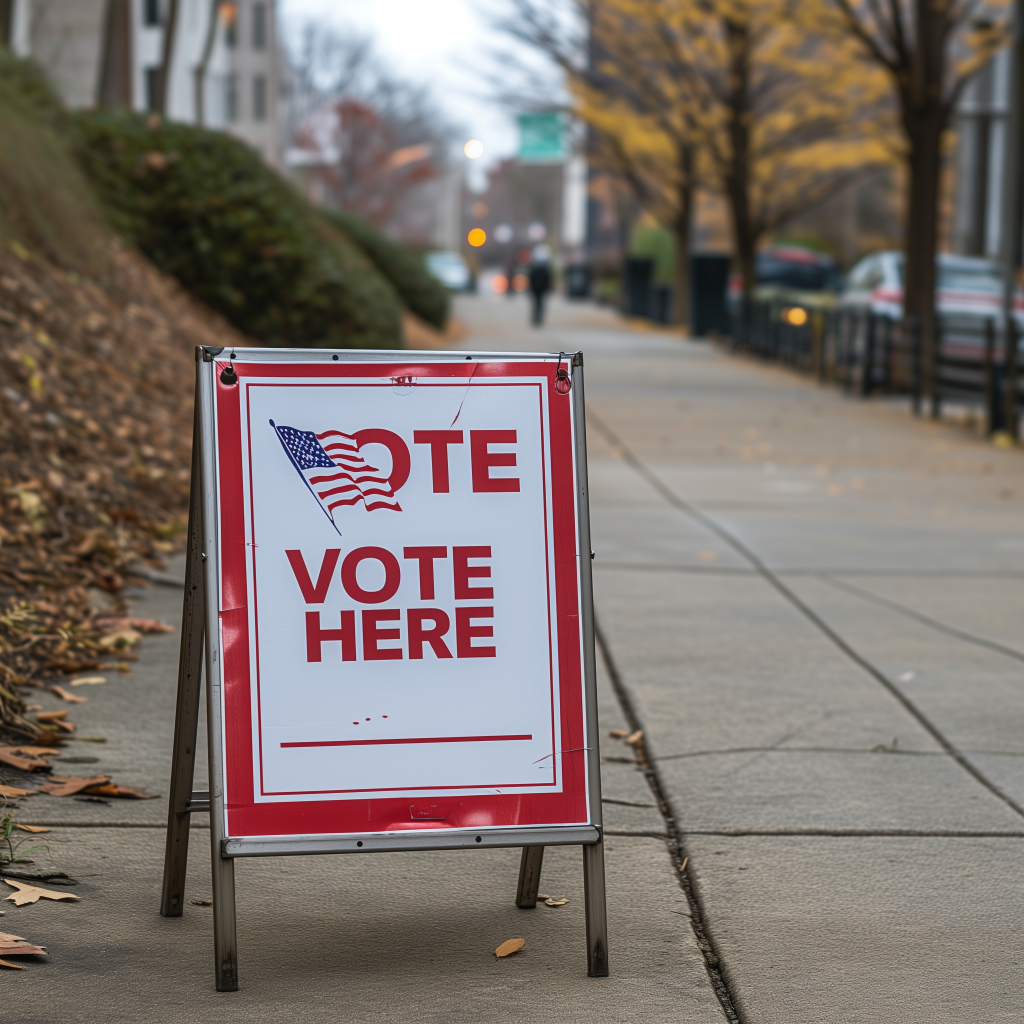
For many Americans, the disruption would be personal and immediate, affecting their ability to buy holiday gifts, food, and everyday items. The impact on their wallets would be felt right before they head to the polls, creating a volatile political environment. Economic instability in the weeks leading up to the election could shift voter priorities and make the strike a defining issue.

The political fallout from such a strike could play directly into the hands of Republicans. Donald Trump and other GOP candidates have made economic instability under the Biden administration a central part of their campaigns. A dockworkers strike, causing widespread economic disruption, would give them ample ammunition to criticize the White House for failing to prevent the crisis. Voters already struggling with high prices in housing, food, and fuel could see this as a tipping point, shifting their support away from Democrats.
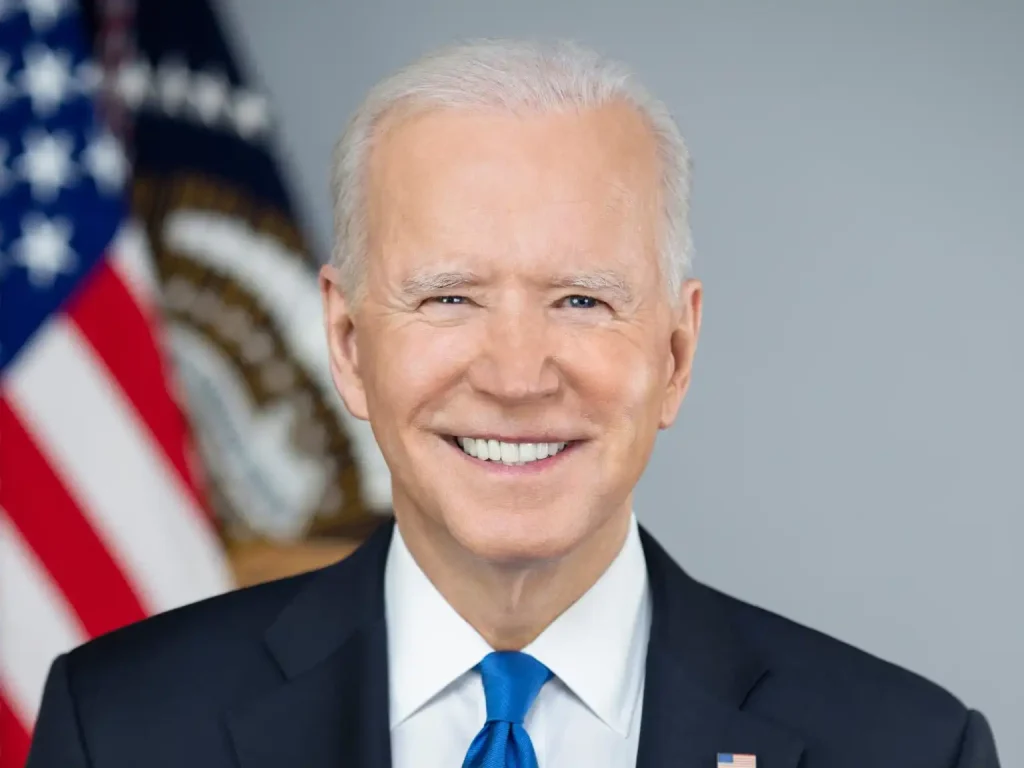
For President Biden, the situation presents a complex challenge. Known for his pro-labor stance, Biden has positioned himself as a champion of unions and workers’ rights. If he sides with the dockworkers, he risks deepening the economic crisis and alienating voters who are already feeling the financial strain. However, if the administration steps in to prevent the strike—perhaps invoking the Taft-Hartley Act, which allows the president to seek a court order to temporarily halt labor stoppages—it could be seen as a betrayal by labor unions, a key Democratic constituency. This would create an opening for Republicans to peel away union support in key swing states.
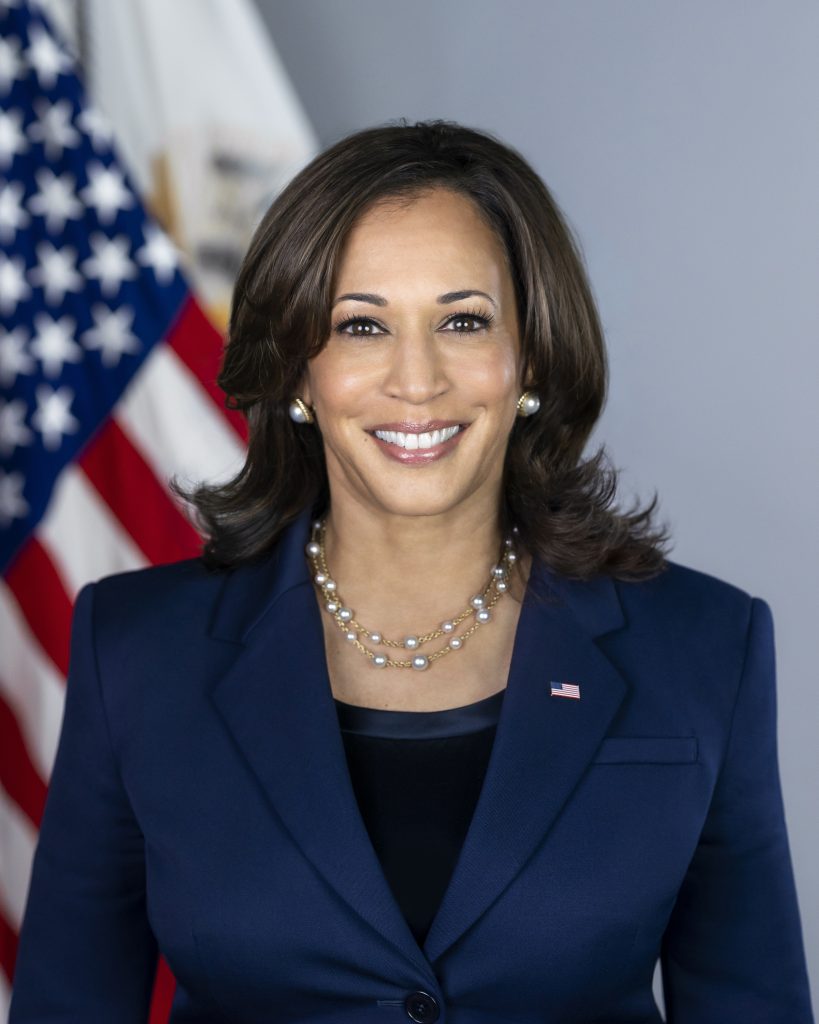
The stakes are high for both the economy and the election. A strike could disrupt supply chains during the critical holiday season, leading to shortages, price hikes, and voter frustration. Politically, it could become the defining “October Surprise” that shifts the momentum of the election, putting the Biden administration on the defensive and giving Republicans an edge as they head into the final stretch of the campaign. With just weeks to go before Election Day, a dockworkers strike may turn out to be the unexpected event that reshapes the race and determines its outcome.

